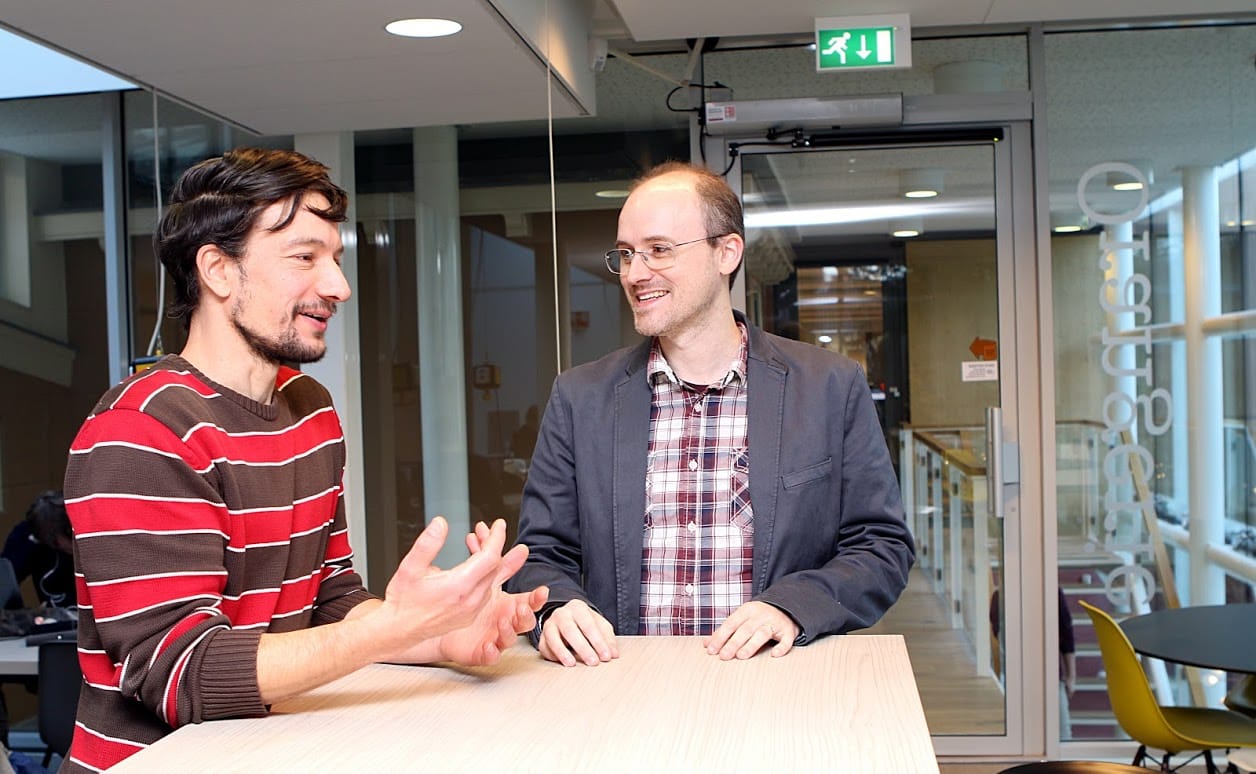We all know that we test theories by subjecting them to experimental test, allowing us to potentially falsify hypotheses. But where do theories come from? A realist philosophy of science, and the method of retroduction, allows us to use empirical evidence, even from “failed” experiments, to generate as well as test theory.
Organizations increasingly aim to reduce their ecological footprint and to encourage pro-environmental behaviour at work. This Thursday, November 24, Angela Ruepert will defend her PhD-thesis showing that although strong environmental values predict pro-environmental behaviour, employees with weaker environmental values also act pro-environmentally when the work context makes them focus on the environment.
Do you think that taking your glass wine bottles to the recycling bin is an unpleasant hassle? Think again! This Thursday, September 29th, Leonie Venhoeven will defend her dissertation in which she demonstrates how pro-environmental behavior like recycling may actually make people feel good.
Compulsory retirement prevented me from continuing my empirical research. At the same time, it provided me with the opportunity to study other issues that over the years aroused my curiosity, such as the relation between age and scientific productivity, the association between gun availability and homicide, and the validity of student evaluations in teaching. In this blog I briefly discuss a few of my post-retirement pursuits.
In a recent publication on the Association for Psychological Science website, shared meals were promoted for their positive effects in workplace settings. The results may be relevant for Heymans staff. And what about interactions with students?
In many ways, psychology suffers from an overdose of individualism. This is problematic because this dominant view conceptualizes social relationships as external to the isolated individual. In his new book, Martijn van Zomeren develops an essentially relational theory of motivation, which assumes that, in essence, we are moved and motivated by others.
In September 2016, the Department of Psychology starts five new international master’s tracks. These tracks link psychological knowledge to particular fields of application, to prepare students in the best possible way for the job market in their respective fields. All tracks seem promising, but how do you pick the track that is right for you?
Perceiving to be socially included at work is vital for the well-being and performance of employees. Yet, due to increasing levels of workforce diversity it is often difficult for people to fit in at work. In his dissertation, Wiebren Jansen studied what organizations can do to ensure that their employees feel included.
This Thursday, Thijs Bouman will defend his doctoral thesis in which he explains the influence of foreign news on how we perceive groups within our nearby surroundings. Generalizations from global to the local situations seem to specifically occur for negative news and rely on often trivial and unconscious associations between the foreign and nearby groups.
People tend to coordinate their actions, feelings, and thoughts with others in social situations. But how does this work? We asked two experts of our department, Dr. Ralf Cox (Developmental Psychology) and Dr. Pontus Leander (Organizational Psychology), who examine this intriguing topic from two different perspectives.









